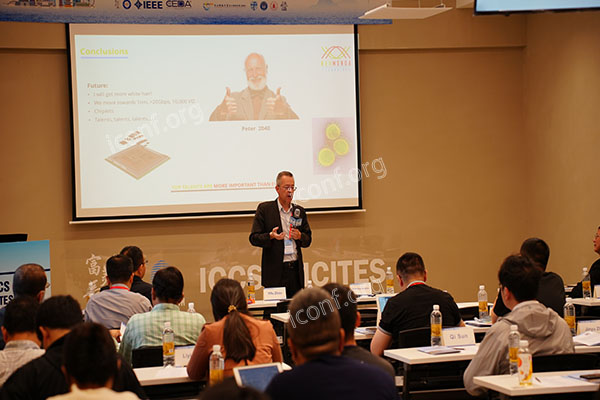Researchers in psychology are invited to submit original work to a variety of 2025 calls for papers. Opportunities span subfields such as cognitive and experimental psychology, clinical and counseling practices, developmental and educational psychology, social and cultural psychology, and emerging areas in neuroscience and health psychology.

Advance Scientific Knowledge
Present novel findings on mental processes, behavior change techniques, or brain–behavior relationships.
Influence Clinical Practice
Share evidence-based interventions, therapeutic approaches, and prevention strategies.
Foster Interdisciplinary Collaboration
Engage with experts in neuroscience, education, public health, and artificial intelligence.
Enhance Professional Recognition
Publication in peer-reviewed proceedings and special journal issues strengthens grant applications, promotion portfolios, and professional networks.
Align your submission with one or more of these active areas:
Cognitive & Experimental Psychology
Studies on perception, attention, memory, language, and decision making.
Clinical & Counseling Psychology
Research on therapeutic interventions, psychopathology, and mental health services.
Developmental & Educational Psychology
Investigations of lifespan development, learning processes, and educational outcomes.
Social & Cultural Psychology
Analyses of group dynamics, identity, prejudice, and cultural influences on behavior.
Neuroscience & Biological Psychology
Work on brain imaging, neural correlates of cognition, and psychophysiological methods.
Health & Positive Psychology
Studies on well-being, resilience, stress management, and behavioral medicine.
Industrial & Organizational Psychology
Research on workplace behavior, leadership, and organizational development.
Emerging Technologies & AI in Psychology
Applications of machine learning, virtual reality, and digital assessments in psychological research.
Use a centralized academic portal to simplify your search and submission process:
Filter by Subfield
Select “Psychology” and then narrow to your specialty to view targeted calls.
Monitor Deadlines
Track abstract, full-paper, and notification dates in a unified dashboard.
Review Submission Guidelines
Confirm word limits, formatting styles (APA or specified style), and peer-review procedures.
Verify Venue Quality
Choose conferences and journals with established reputations and rigorous review standards.
Match the CFP Scope
Ensure your topic aligns precisely with the call’s stated themes and keywords.
Craft a Clear Abstract
Summarize your research questions, methods, key findings, and implications in 250–300 words.
Use Structured Formatting
Follow the IMRaD format (Introduction, Methods, Results, Discussion) or as specified.
Include Robust Data Presentation
Provide clear tables, figures, or graphs illustrating effect sizes, statistical models, or brain images.
Adhere to Ethical Standards
Report human or animal research approvals and consent procedures transparently.
Proofread and Peer Review
Seek feedback from colleagues and consider professional editing to ensure clarity and academic rigor.
Preparing a well-focused, methodologically sound manuscript will position your research for impact and acceptance. Begin your 2025 psychology submissions today to contribute to the global advancement of psychological science.